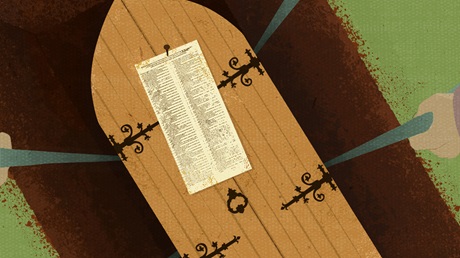Or to recover its riches? Two Protestant luminaries look at the legacy of the Reformation, 500 years later.

Now and then, Protestants are stirred to ask whether the Reformation might be bad for the church and the world. Five centuries downstream from 1517, old objections come with the burden of knowing where things occasionally went wrong.
As Reformation heirs prepare to celebrate our 500th anniversary, we do so with a remarkable capacity for self-criticism. At its worst, Protestant self-critique can be a tiresome self-flagellation, a dreary round of virtue-signaling and posturing over the sins of others. But at its best, it can be a time for soul-searching, a source of insight, and a promise of revival.
Two new books show the range covered by the best Protestant self-critique. Peter Leithart’s The End of Protestantism: Pursuing Unity in a Fragmented Church (Brazos) and Kevin Vanhoozer’s Biblical Authority after Babel: Retrieving the Solas in the Spirit of Mere Protestant Christianity (Brazos) come to the task from very different angles. Vanhoozer comes to the conversation from a deep dive into the depths of the gospel. Leithart comes back to it from the future.
Future Church
The End of Protestantism is the long-awaited expansion of the provocative shorter remarks Leithart has made in this vein over the past few years. He hasn’t exactly softened his tone. Here, he announces, “Jesus bids Protestantism to come and die.” But there is more: “He calls us to exhibit the unity that the Father has with the Son in the Spirit.” That is, “we are called by our crucified Lord to die to what we are now so that we may become what we will be.” What draws all of Leithart’s arguments forward is essentially a syllogism: Jesus prays for the church’s unity, and Jesus will get what he prays …


